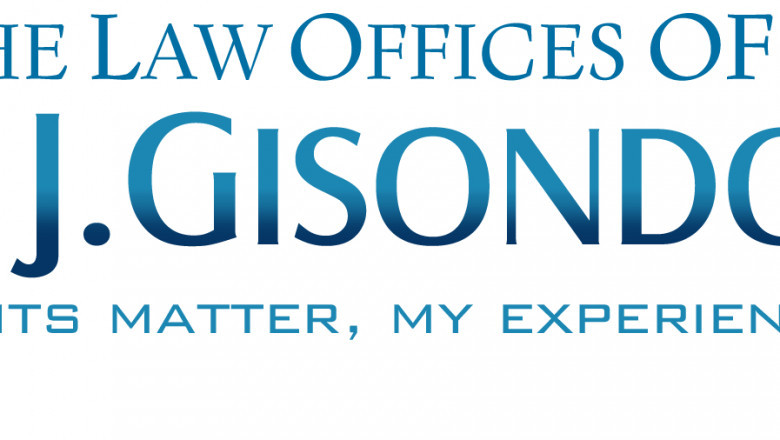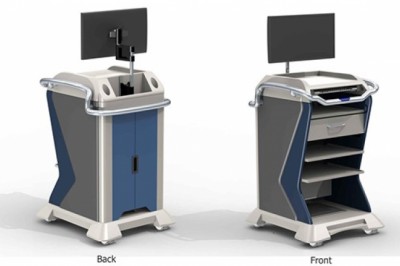views

Mediation in Florida is a very important legal step. In most jurisdictions, mediation is required before a divorce (dissolution of marriage) can be scheduled to be heard by a judge. In other words, mediation is required before a court date can be set for a Florida divorce. Family court is so backed up it can take months to get a date for your divorce case, which can many times be solved at mediation, thus lessoning the Family Court caseload. Mediation can be used to bring resolution to other types of cases, such as modification of child support, alimony, and a parenting plan. Before looking at what mediation can accomplish, it is necessary to understand what mediation is and what it is not. The definition of mediation, according to the Free Dictionary by Farlex, is “a settlement of a dispute or controversy by setting up an independent person between two contending parties in order to aid them in the settlement of their disagreements.”
The key word in the definition is “aid.” Mediation is designed to help a couple come to an agreement on the issues being contested. In the case of a divorce, if both parties can agree through a process of compromise on all issues involving their divorce, a marital settlement can be drawn up, signed by both parties, notarized, witnessed, and presented to a judge for the final okay and order of divorce.
The mediation is aided by the mediator, not decided by the mediator. A mediator is an independent, trained person who works closely with each party and their attorney by encouraging compromise, pointing out positive and negative assumptions, helping keep emotions controlled, not allowing vicious verbal attacks on each other, and if all issues are settled, overseeing the drawing up of the agreement. Mediators do not make decisions for the couple, they do not advise a final outcome, and they do not take sides in promoting one couple’s ideas over the other.
Mediation can have important advantages in the finalizing of litigation.
· The parties are in control of the outcome of the issues at hand. While judges do their best to be fair and consider the needs and legalities of both sides, the parties themselves are the best judge of what they want and need. Compromise is usually needed on both sides, but in reality, no party will receive everything they think they deserve, and it is best when decisions are made by the couple rather than a judge.
· In almost every case, a final judgment is much faster when parties agree at mediation than waiting for a court date, sometimes months away.
· The cost of mediation is far less than going to court. Sometimes going to court costs more in additional attorney’s fees and court costs than the case will provide in revenue to the parties involved.
· Proceedings from mediation are sealed for the use of the parties, the court, and the attorneys, while proceedings of court cases, the records, and transcripts are public record and can be viewed by others. Many people would rather not have their dirty laundry available for anyone to see.
As you can see, mediation in Florida is an important part of Florida’s legal system. More and more people are finding the advantages of settling their cases at mediation, out of court. And, when you are considering who to hire for your attorney, make sure you discuss the advantages of mediation, as some attorneys will discourage you in favor of their being able to gain a higher fee.












